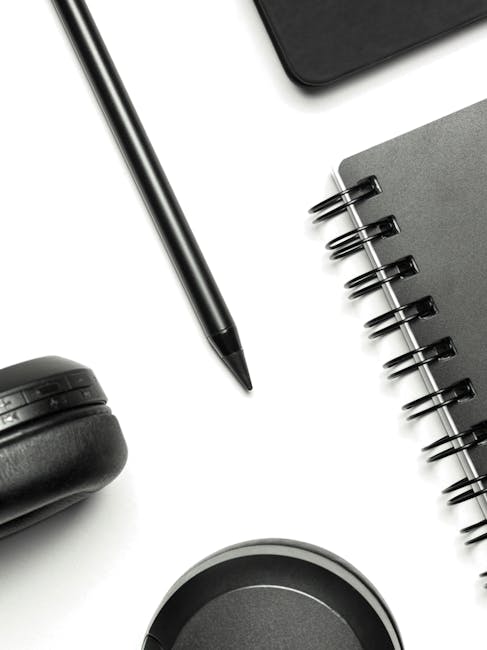Unlock Your Productivity: Mastering Focus at Work
Focus is the secret ingredient to achieving remarkable productivity at work. With studies indicating that the average person’s attention span is now shorter than that of a goldfish, maintaining concentration is more crucial than ever. But don’t worry, we’ve got you covered! In this concise guide, we’ll explore ten powerful principles to help you master the art of staying focused in the workplace. From minimizing distractions to maximizing concentration, these principles will empower you to reach new heights of productivity. Get ready to unlock your focus potential and accomplish more than ever before!
1. Prioritize Your Tasks
Identify and prioritize your most important tasks to ensure you’re focusing on what matters most. The Eisenhower Matrix, developed by President Dwight D. Eisenhower, is a popular tool for prioritizing tasks based on urgency and importance.
2. Organize Your Workspace
Set up a clean and organized workspace free from distractions. Studies have shown that a cluttered workspace can negatively impact focus and productivity. Here are a few quick tips for keeping your work environment focus-friendly:
- Declutter regularly.
- Use organizational tools.
- Maintain a minimalist setup.
3. Minimize Digital Interruptions
Minimize interruptions from email notifications, social media, and other digital distractions. The average person spends about 2 hours and 27 minutes per day on social media platforms, which can significantly detract from productivity.
4. Break Tasks into Manageable Parts
Divide large tasks into smaller, more manageable parts to maintain focus and prevent overwhelm. The Pomodoro Technique, which suggests working in 25-minute intervals followed by a short break, can optimize productivity.
5. Utilize Time Blocking
Allocate specific blocks of time for different tasks or activities to maintain focus and create structure. Time blocking can help reduce decision fatigue by eliminating the need to constantly decide what to work on next. Here’s your full guide to time blocking and the best tools to make it work for you: The Ultimate Guide to Time Blocking and The Best Apps for It.
6. Incorporate Short Breaks
Incorporate short breaks into your work schedule to recharge and prevent mental fatigue. Brief breaks can improve focus, creativity, and overall productivity.
7. Explore Productivity Apps
Explore productivity apps and tools that can help you stay organized, manage tasks, and track progress. Time tracking apps like Traqq can be especially helpful.
8. Practice Mindfulness
Engage in mindfulness exercises or meditation to improve focus, reduce stress, and enhance mental clarity. Research has shown that meditation can positively impact attention span and cognitive performance.
9. Maintain Healthy Habits
Drink enough water and fuel your body with nutritious meals and snacks to maintain optimal focus and energy levels. Even mild dehydration can impair cognitive function and negatively affect focus and mood.
10. Prioritize Quality Sleep
Prioritize quality sleep to restore mental energy and improve cognitive function, allowing for better focus and productivity. A lack of sleep can significantly impair attention, memory, and decision-making abilities.
Several factors can affect focus, both internally and externally. If you find yourself struggling, consider reading: Why Can’t I Focus? 5 Reasons Why, and What to Do About It.
Staying focused at work with ADHD can be challenging, but here are a few tips:
- Plan your day meticulously.
- Minimize distractions.
- Take strategic breaks.
- Prioritize tasks.
- Use time management techniques.
- Stay energized and engaged with your work.
Find what works best for you to maintain productivity and concentration throughout the day. To train yourself to stay focused, here are some simple recommendations:
- Establish a consistent routine.
- Eliminate unnecessary distractions.
- Practice mindfulness regularly.




